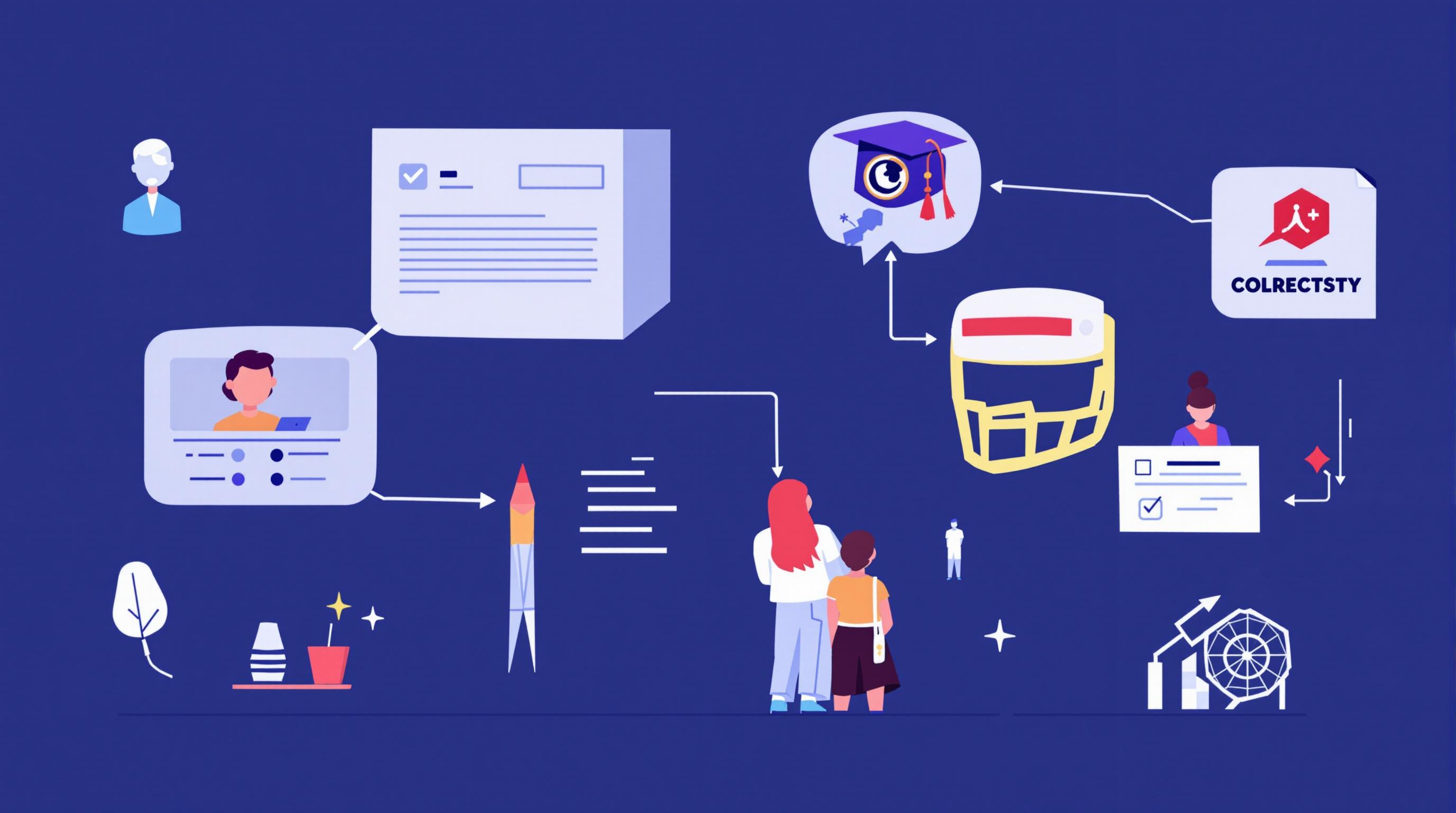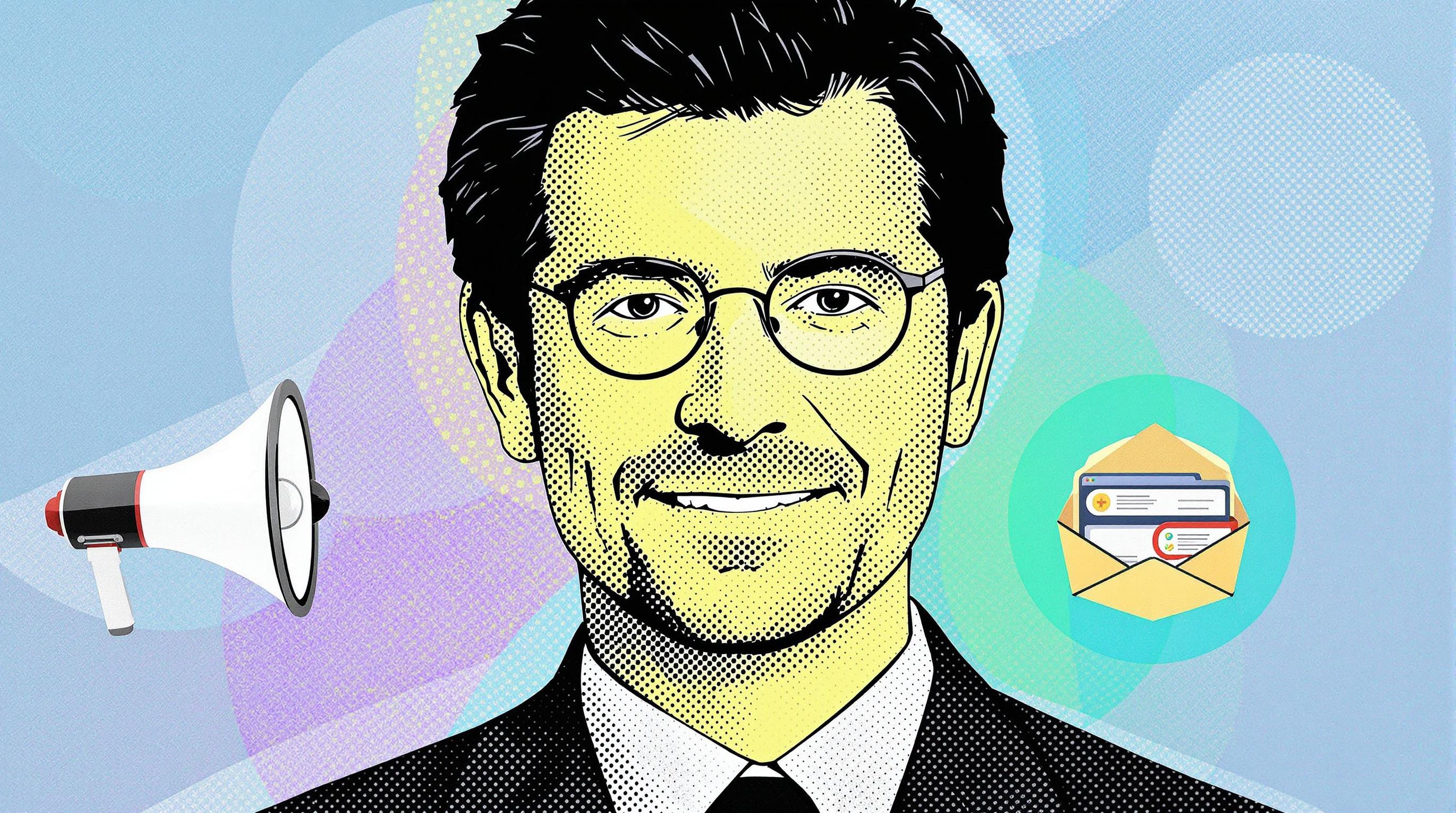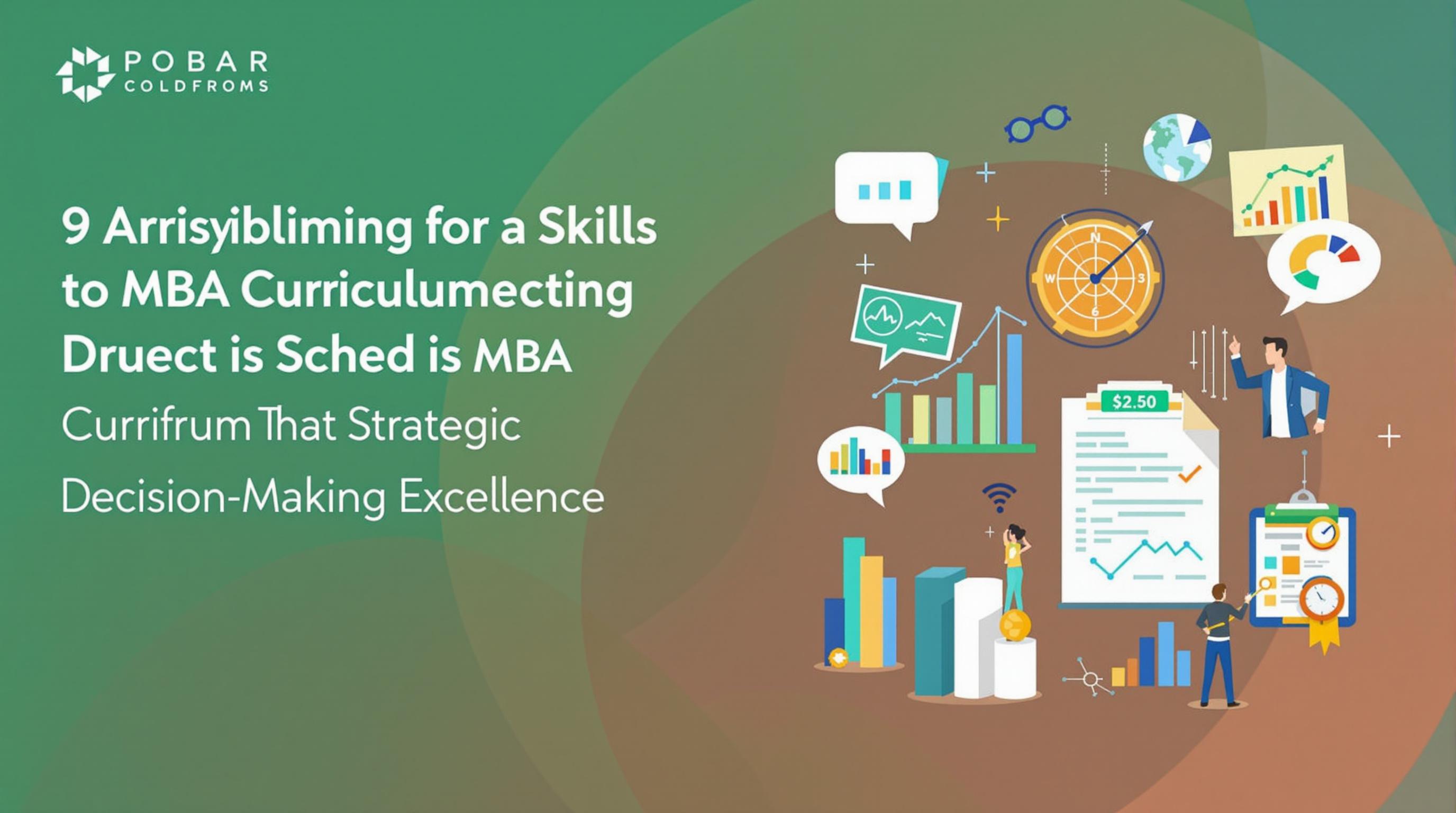Related Articles
- How Experimental MBA Concentrations Quietly Influence Corporate Culture and Decision-Making Strategies
- Top 5 Niche MBA Concentrations Gaining Momentum Since 2019 Ranked by Industry Impact and Growth
- Top 5 Smart Notebooks Released Since 2019 to Revolutionize Your MBA Networking Note-Taking and Follow-Up System
- The Untapped Role of Introversion in Building Stronger MBA Peer Networks and Authentic Industry Bonds
- How MBA Graduates Navigate Ethical Dilemmas in Emerging Markets to Influence Policy and Practice
- 7 Most Disruptive Productivity Platforms From MBA Alumni Launches Changing How Leaders Work Since 2019
How Mindfulness and Emotional Intelligence Are Quietly Transforming MBA Classrooms and Leadership Training
How Mindfulness and Emotional Intelligence Are Quietly Transforming MBA Classrooms and Leadership Training
Mindfulness and emotional intelligence are becoming indispensable in modern MBA classrooms, quietly reshaping how future leaders are trained. This transformation offers not only academic benefits but also a profound shift in leadership paradigms, blending self-awareness with strategic thinking to drive success.
The Quiet Revolution in Business Education
In the hum of case studies and financial models, a subtle shift is underway. The marketplace demands leaders who don’t just crunch numbers but who understand emotions—their own and others’. A 2022 study by TalentSmart revealed that emotional intelligence (EI) is responsible for 58% of professional success, highlighting why top MBA programs have begun weaving EI and mindfulness into their curricula.
Why Mindfulness? Why Now?
Picture this scenario: an MBA student juggling rigorous coursework, internship deadlines, and leadership roles. Stress piles up, and decision-making suffers. Mindfulness—the practice of focused, nonjudgmental awareness—allows students to navigate this pressure cooker with poise. Research from Harvard Medical School underscores mindfulness’ ability to reduce stress and improve cognitive functions, essentials for future executives.
A Day in the Life: From Theory to Application
At a leading business school in California, instructors begin classes with brief mindfulness sessions. Sarah, a 24-year-old MBA candidate, recalls, "Starting meetings with a two-minute centering exercise helped me listen better and respond rather than react during group projects." This small habit enriched her understanding of emotional nuances in negotiations, turning the classroom into a laboratory of emotional learning.
Emotional Intelligence: The Leadership Differentiator
Leaders traditionally prized for intellect and technical skills now find emotional intelligence just as critical. A recent survey by the World Economic Forum identified EI as one of the top ten skills for 2025, showing a clear industry pivot. Emotional intelligence includes self-awareness, empathy, and social skills—tools to inspire teams and manage conflict.
Case Study: Mindful Leadership in Action
Consider the example of Raj Patel, CEO of a global fintech startup, who credits his practice of mindfulness and EI for the company's agile response during an economic downturn. His approach to leadership wasn’t about barking orders but tuning into his team’s emotional state, which resulted in a 35% productivity boost even amidst crisis. His story was highlighted in the Harvard Business Review for showcasing how these "soft skills" translate into hard business results.
The Neuroscientific Boost
Neuroscience backs these practices too. Studies by UCLA found that mindfulness meditation enhances the density of brain regions associated with emotional regulation and decision-making, underscoring the tangible benefits beyond mere soft skill development.
Humor in the Classroom: Breaking Down Emotional Barriers
Injecting humor is another underrated way emotional intelligence is fostered. Professor Mark Johnson from Wharton often uses witty role-playing exercises to illustrate EI concepts, helping students become comfortable with vulnerability and mistakes. “Laughing together creates trust,” Johnson says, “And trust is the currency of emotional intelligence.”
Statistics Speak Volumes
According to a 2023 report by the Association to Advance Collegiate Schools of Business (AACSB), 67% of MBA programs now integrate mindfulness and EI-related content, a 40% increase over five years. This signals a seismic shift in business education priorities.
Teaching Leadership in the Digital Era
With remote work becoming the norm, emotional intelligence takes center stage in virtual leadership training. Experiential learning platforms simulate high-pressure scenarios where students practice empathy and mindful communication via video calls, honing skills that are crucial in dispersed teams.
A Personal Reflection from an Older Learner
As a 62-year-old MBA student returning to school after decades in corporate management, I can attest to the transformative nature of mindfulness and emotional intelligence. They push elders and youth alike to rethink what leadership truly means—not just steering a company, but understanding and uplifting the humans at its core.
Practical Tips for Cultivating Mindfulness and EI
For those eager to cultivate these skills, simple daily practices help: starting meetings with a mindful moment, journaling emotional responses, practicing active listening, and seeking feedback on interpersonal interactions. Over time, these habits form the skeletal framework of effective, empathetic leadership.
The Business Case: ROI on Emotional Intelligence
Investing in EI-trained leaders proves financially savvy. Companies with high EI leadership report 20% higher employee satisfaction and 30% greater profitability on average, according to a study by Deloitte. This ROI extends well beyond individual performance, nurturing corporate culture and resilience.
Closing Thoughts: The Future of MBA Leadership Training
We stand at the crossroads of a quiet yet profound revolution. As MBA programs continue to envelop mindfulness and emotional intelligence in their frameworks, the leaders emerging will not only be more skilled but more human. They’ll know when to pause, how to connect, and why emotional insight matters just as much as analytical prowess.
Ultimately, these changes reflect a timeless truth—that leadership is less about control and more about connection. And for aspiring leaders between sixteen and seventy, these lessons couldn’t be more relevant or urgent.




